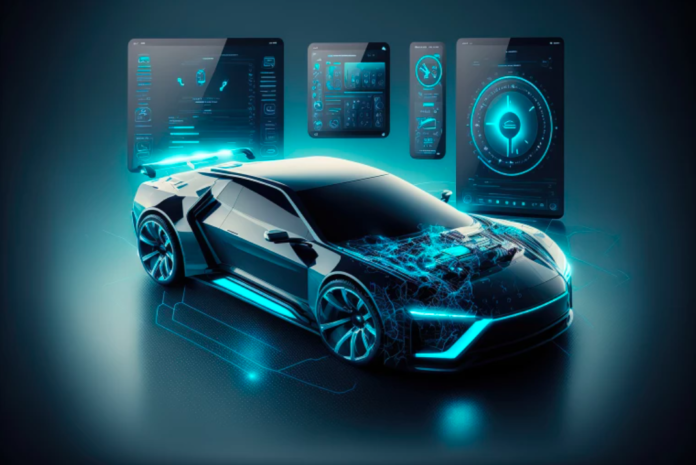DXC Technology has forecast five ways the automotive industry will reshape our relationship with cars in the next five years, as the shift to software-defined vehicles is transforming every aspect of the business – from how cars are designed, to how they are made, to how we use and service them.
Along with its design, data and development arm Luxoft, the United States-based DXC found that the car user’s relationship with the rich ecosystem of partners and services that makes up the auto industry is changing.
First, the software in your vehicle will be as important as its logo. Tomorrow’s cars will be software-defined vehicles (SDVs), with their features and functions controlled by software.
“SDVs will be known more for their user experience than their physical attributes,” said Matthias Bauhammer, global lead of DXC’s Robotic Drive Offering. “Software will create a direct connection between the car manufacturer and the customer, enabling platform-driven auto businesses which seamlessly deliver personalised services to customers via their vehicles
Second, your car will renew itself and offer on-demand upgrades. With cars becoming increasingly software-defined and connected to the web, their ability to self-heal, self-renew, and self-refresh will increase.
Most of the world’s automakers are already experimenting with on-demand services that flow as software to users. BMW delivers downloadable upgrades via the My BMW App or the SIM card built into the vehicle. Volvo offers customers “over the air (OTA)” software updates sent directly to its vehicles.
Third, owning a car may be a thing of the past, for Generation Z. Hybrid working reduces the need for many employees to commute by car every day.
A different approach to getting on the road is paying for a vehicle only when you need one, perhaps through a subscription-based, car-sharing or peer-to-peer rental service. With their on-demand and remote-control features, SDVs lend themselves to this type of service.
Fourth, your car will arrange an appointment with a mechanic before you know you have a problem. Feedback from advanced analytics powered by artificial intelligence (AI) will enable the car to flag imminent issues to the garage, dealership, or direct to the manufacturer.
The diagnostic information will be shared with mechanics ahead of time so they can order the necessary components. This technology will lift some of the responsibility off the driver to spot car maintenance issues while enhancing road safety.
For example, US electric car manufacturer Rivian which offers at-home car servicing states that it has the capability to perform “comprehensive diagnostics from afar through our connected vehicle platform.”
And fifth, your future electric vehicle may be fueled by hydrogen. Global electric vehicle (EV) sales are surging, but the rising cost of EV batteries, long waiting times for cars and parts, and issues with scaling recharging infrastructure in line with growing demand, are already impacting adoption.
Initial tests of hydrogen fuel cells at Germany’s DLR Institute for Vehicle Concepts in Stuttgart show that, with a tank capacity of 6.3 kg of hydrogen, a vehicle can generate somewhere in the region of 100 kWh of electricity.
















